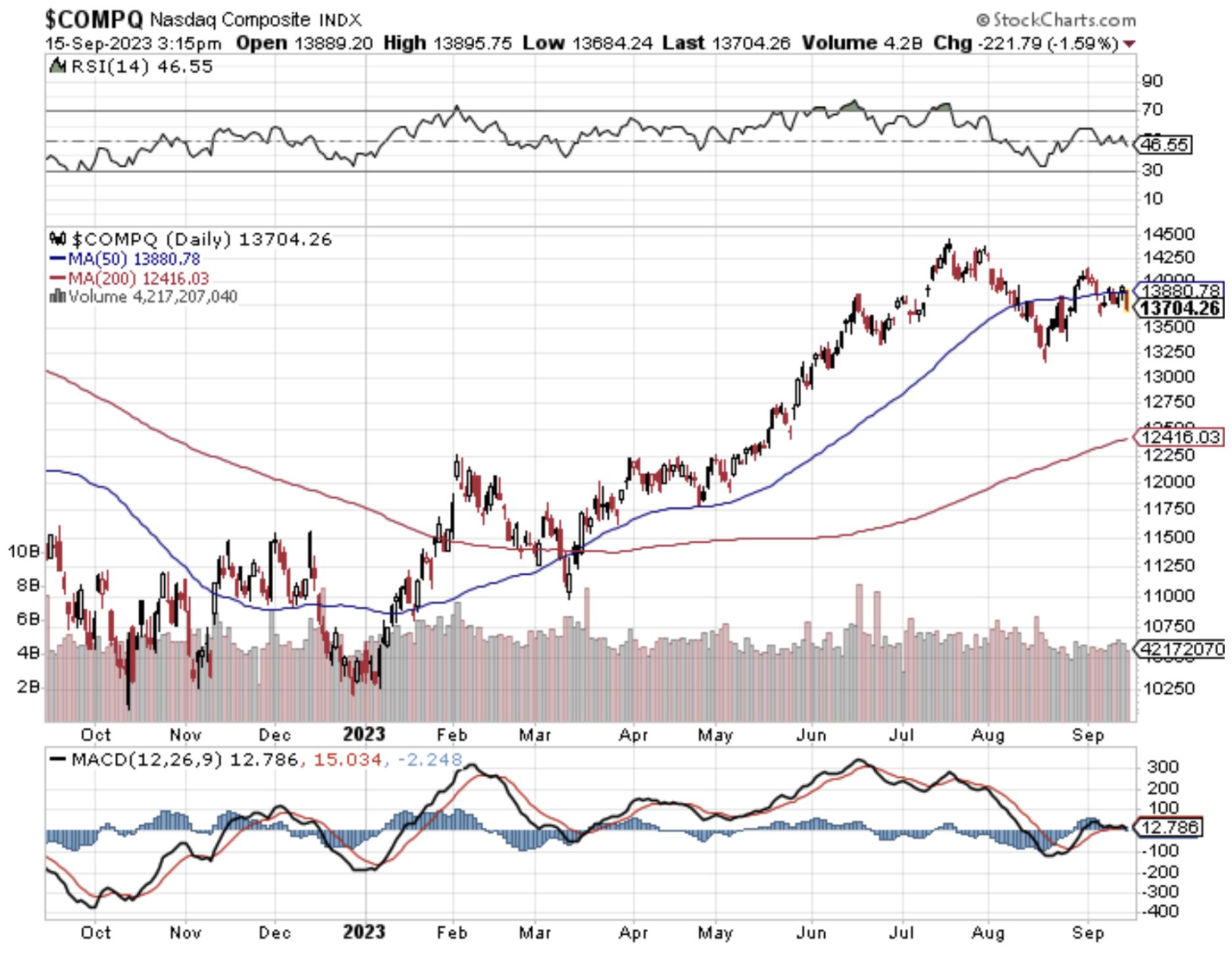Gen Z and Tech
America is changing as we know it.
That’s not always bad, but readers need to understand the major ramifications to the tech sector ($COMPQ) and the US consumer.
By 2030, Generation Z will account for nearly one-third of the U.S. workforce, scary isn’t it?
While a sizable percentage still has yet to penetrate the talent market, they’re already taking a far more radical approach to career growth than their predecessors.
That's due, in part, to the fact that Gen Z, much of whom is still under age 18, is accumulating debt at higher rates than any other generation.
The cohort is least likely to think they will ever be able to retire and is generally concerned that climate change will prevent them from any chance at a normal life or career.
I am particularly referring to the concept that hard work, determination, and loyalty to one’s company will score financial success.
These young bucks are making a full 180-degree turn.
This is devastating for certain industries like housing where Gen Z rather rent and cruise the globe to beautify social media profiles.
I won’t say that Gen Z has their priorities wrong, I will just say that they have interesting priorities.
For various reasons true and somewhat true, Gen Z is taking the microphone back and saying they wish to do something else.
Many of the Gen Z don’t want to grow up and bear the responsibilities of scary life events that are remotely connected to settling down.
It terrifies them.
It would behoove employers to pay keen attention to Gen Z’s expectations or alternative desires.
Understanding Gen Z as the up-and-coming, entry-level positions at these companies is valuable. We cannot just discard them.
I expect the bulk of Gen Z to target companies like Google, Apple, Amazon, Meta, Tesla, Snapchat, and TikTok as corporate America tries to appease this upcoming generation. I say those specific companies because they are the most accepting of social media activists.
Another key takeaway here is that Gen Z are hooked more on tech devices, hardware, software and products more than other generations before them.
Not only did they grow up with tech, but they are described as the first generation to be “tech natives.”
During a 3-year stint in the most formative years, they were forced to lock down in their parents’ house and make do with technology as their only friend.
Many data surveys show that Gen Z uses technology devices more than any other generation with some ages registering 10 hours of use per day.
These trends are highly bullish for tech companies because it means more hours logged watching Netflix, more screen time on Apple iPhones, and more pizza orders on Uber Eats.
It’s my belief that in the next 10 years, the US economy will experience a 50% increase in the average use of tech devices per day thanks to the additive Gen Z tailwind and the Baby Boomer generation dropping off.
More often than not, surveys have shown that high users of products often handpick the same stocks to purchase for the long term because anecdotal experience seals the deal.
Gen Z will also be the generation fully utilizing generative artificial intelligence to supercharge Silicon Valley business.
These trends are highly bullish for tech stocks.


